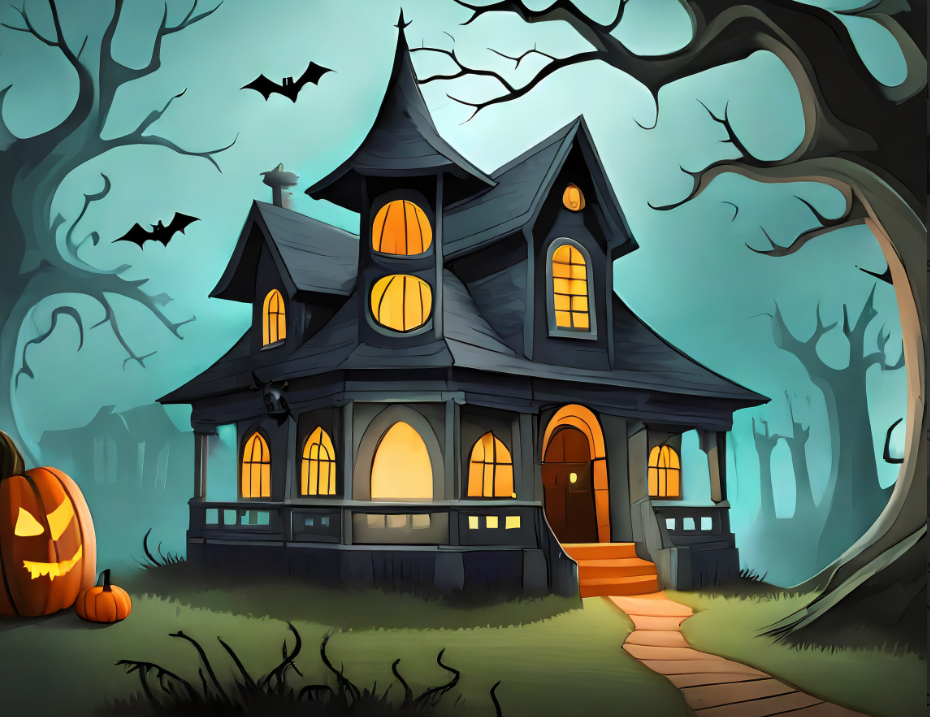Selling a house is undeniably a complex process, but when a property comes with a stigma, the challenges intensify. A stigmatized house refers to a property that is associated with a negative event or circumstance, such as a crime, death, or perceived paranormal activity. These stigmas can create invisible barriers in the real estate market, making it exceptionally difficult for sellers to find the right buyer. There are several unique challenges faced by those trying to sell a stigmatized house and we’ll offer insights into overcoming these unseen obstacles.
Examples of stigmatized homes include homes involved in notorious crimes such as homicides, assaults or drug-related activities. Home that are rumored to be haunted or associated with paranormal activities and homes with suicides are also considered stigmatized. Dwelling associated with notable previous owners such as public figures involved in scandals can lead to negative perceptions.
Emotional Resonance and Buyer Perception
The emotional resonance attached to a stigmatized property can significantly impact potential buyers. Many individuals are superstitious or sensitive to the history of a house, making it hard for them to overlook the stigma. Overcoming this challenge requires a delicate balance between disclosing the property’s history honestly and emphasizing its positive attributes.
Disclosure Laws and Ethical Dilemmas
In many jurisdictions, there are laws governing the disclosure of certain events related to a property, such as deaths or violent crimes. Navigating these laws while maintaining ethical standards can be a daunting task. Sellers must be aware of their legal obligations and work closely with real estate agents experienced in handling stigmatized properties.
Market Value and Appraisal Difficulties
Determining the market value of a stigmatized house can be tricky. Appraisers might struggle to find comparable properties due to the unique circumstances, leading to undervaluation. Sellers need to be prepared for the possibility of receiving lower offers and should consider obtaining multiple appraisals to ensure fairness.
Extended Listing Periods
Stigmatized properties often stay on the market for a more extended period. The limited pool of potential buyers, coupled with buyer hesitancy, can lead to prolonged listing periods. Patience becomes a virtue, and sellers might need to invest in strategic marketing efforts to attract the right audience.
Stigma Dissipation Strategies
To combat the negative stigma associated with a property, sellers can employ various strategies. Repairs, renovations, and staging can help create a positive atmosphere within the house, diverting attention from its past. Additionally, highlighting the property’s unique features and promoting the neighborhood’s positive aspects can shift the focus away from its history.
Expert Assistance and Support
Real estate agents experienced in selling stigmatized properties can provide invaluable support. These professionals understand the nuances of the market and can offer strategic advice on marketing, pricing, and disclosure. Moreover, legal counsel specializing in real estate can ensure that sellers adhere to disclosure laws and handle potential legal challenges.
In conclusion, selling a stigmatized house demands patience, understanding, and a well-thought-out approach. By acknowledging the challenges, being transparent, and seeking professional guidance, sellers can increase their chances of finding the right buyer. It’s essential to remember that while the road may be rocky, with the right strategies and support, even the most stigmatized property can find its way into the hands of a new owner, ready to create positive memories within its walls.
For advice on how to effectively sell your property, stigmatized or not, please call our team at CENTURY 21 Keim Realtors and CENTURY 21 Country Lake Homes at 610-969-7200, email us at c21keim@gmail.com or visit us online at www.Century21Keim.com. Our team serves Eastern Pennsylvania, New Jersey and Delaware.


 Facebook
Facebook
 X
X
 Pinterest
Pinterest
 Copy Link
Copy Link






